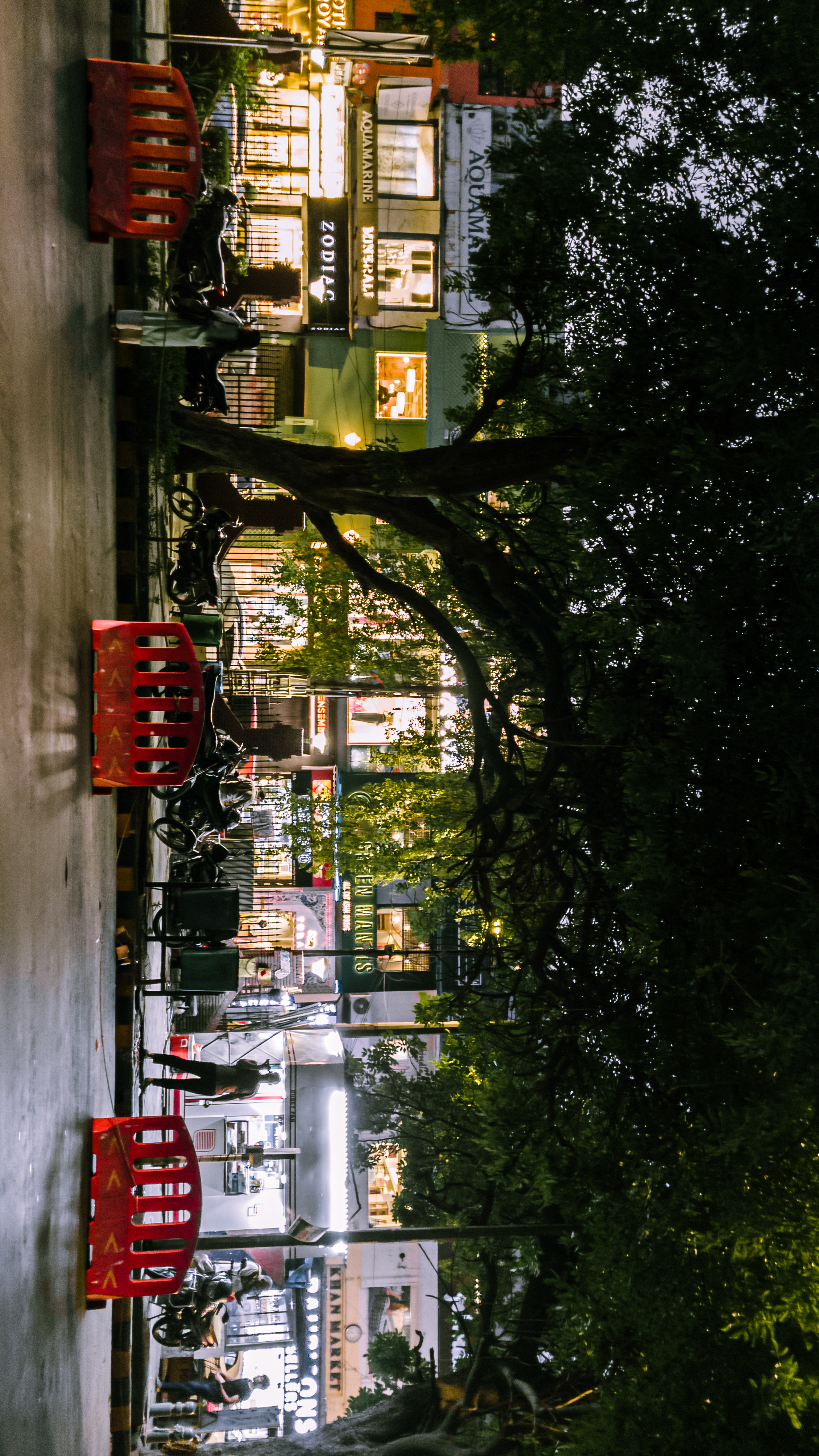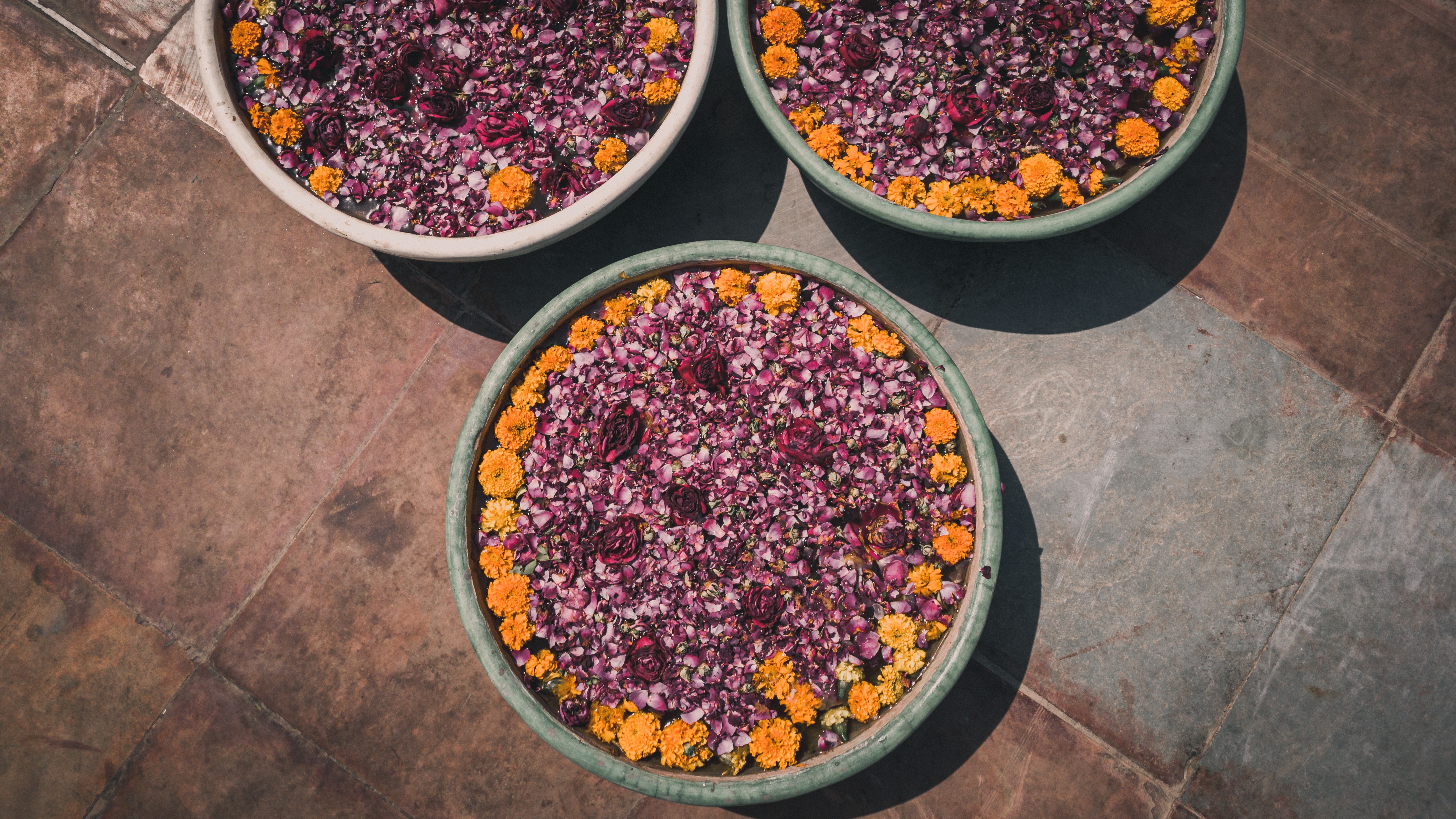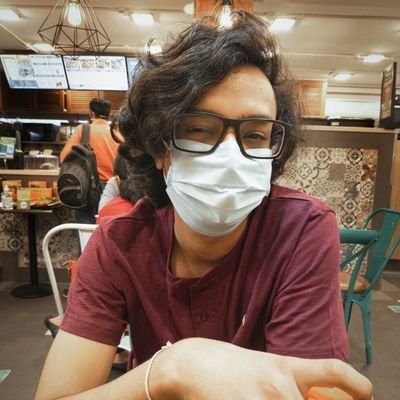A week or two back I came across a tweet by a stranger theorizing about the excess of mental health problems in today’s society. That person was musing whether we’d still be unhappy if we stuck to our “traditional values”; if we looked at the world the way our ancestors did centuries back.
I’m aware that more than a few individuals could find importance in what this person was talking about. After all, the more we learn about the state of the world, the more… discontent you become with the state of affairs. In a rapidly changing world, you can’t blame people for sticking with traditions passed down over the generations, this helps them make sense of the confusing world around them. It always has.
I’m also aware that an equal number of individuals would more often than not openly scoff at the idea, firmly entrenched in the belief that old-time traditions have no place in today’s dynamic, evolving society. This holds merit as well. There is obviously a conflict in values being inculcated in you today as compared to values inculcated in your family or general community over generations. Marrying against your family’s approval or converting to a different religion or doing something along these lines isn’t as uncommon as you might think today.
While not directly related to what I’m gonna be writing about, the aforementioned tweet did make me think a bit about why change for the better comes at such a glacial pace. Every day you hear of something or the other that is incredibly screwed up, something that doesn’t deserve to occur in the 21st century, according to your sense of values. Every day we’re left disappointed by the response of our judiciary, our bureaucrats, our politicians, our media… if we get a response at all.
Why? Why are we as a society so reluctant to change so that we let atrocities that should belong in the past… be a thing of the past?
Bear with me for a bit here.
As the years have gone by, our understanding of the nature of our mind has progressed ever so slowly. We now know the exact nature of the biochemical processes our bodies go through when we’re experiencing extreme emotion, from fear to happiness, anger to love. We know where we came from, we know how we used to be, and how we are now.
Scratch that, actually. Perhaps… how we used to be and how we are now aren’t as different as we might believe. Which is where the crux of the issue lies, in my humble opinion.
If someone asked you to state how humanity evolved to what it is today in a line or two, what would you say?

You’d probably begin by describing Darwin’s Theory of Evolution, how we’re essentially smarter primates, if less hairy. Most of us, anyway.
You’d then describe how we were initially a society of hunter-gatherers, followed by the discovery of agriculture, which led to the first static communities. From tiny hamlets to sprawling towns.
Technical innovation aside, humanity had probably begun to try and understand the world around them as intelligence evolved, leading to the creation of the first myths. Religion was born out of this. Not the theist religions that have enraptured us for so long, but religion, nonetheless.
You’d wrap up your answer by listing key inventions like the wheel or writing, leading all the way up to the industrial revolution… to today.
Anything similar, binding these millenia of history we so inadequately (maybe even inaccurately) tried to sum up?
Let’s try and look at the earliest segregation of roles humanity displayed, something visible all around you regardless of species: segregation based on sex.

Males of our species tended to be physically stronger, enabling them to explore out in the wilds, foraging for their children.
Females of our species, apart from obviously fulfilling their offspring’s biological needs, tended to look after at their emotional needs as well. The male brought in sustenance from the natural world, the female took care of the dependent offspring. This eventually extended over to taking care of the home while the male was out foraging.
Something that is seen today as well. Hearing about females sacrificing their careers after childbirth barely registers a blip on anybody’s radar; hearing about a male sacrificing their career is newsworthy.
Ah, but I’m getting ahead of myself here.
I mentioned earlier how myth, and by extension, religion, was born out of humanity’s need to understand our place in the world, to get some meaning out of this unsolvable riddle some person decided to call life. This took a hold of our collective consciousness like nothing else, enabling us to commit monumental acts (both good as well as… terrible) in our current life for the promise of an eternal, blissful afterlife.
The grasp of religion on our psyche is impossible to overstate; thousands of years later and people still base their lives around it, everything from the moment of their birth till how they pass on. Religion has proved to be a veritable anchor despite the overabundance of information and cultural exchange we experience on an almost daily basis.
Religion didn’t just serve to help humans make sense of everyday phenomena around them, it also set in stone humanity’s perception of itself for millenia. Despite the varying practices and rituals around the world, despite the diverse definitions of the Divine… religion was created by living, breathing, humans. Humans who were, before sentience, governed by biological impulses, just like the rest of the animal kingdom.
By codifying gender roles under the fancy wordplay, religion made certain that human society would always struggle to rise above its base, biological impulses despite the gift of sentience. The greatest tool we’ve ever come up with is enslaving us, even in the 21st century. No matter how often we think of ourselves as separate from the rest of the organisms on our planet, at the end of the day, our minds came up with something that’s doesn’t really make us all that different.
To sum up: our biological impulses played a key part in us developing systems to understand the world (and by extension, ourselves) after which these systems grew too big to stop as they enveloped everything about human society, from the beginnings of agriculture to today’s technological era.

The r-complex is the oldest, most fundamental region of the human brain. It is in here that our primal instincts reside; this is our foundation (in quite a literal sense). The power our biological urges have on us has only been compounded by the power religion has on us, engraving onto our collective psyche what I wrote about earlier.
Variations in our physical and emotional capabilities led to the earliest form of segregation known to us; naturally, in a world of literal survival of the fittest, we deemed it fit to put those physically superior on a pedestal. This segregation eventually went on to guide us through everything we did on a civilizational scale, even when we gained the knowledge to perhaps do something different.
This leads me to what I believe is the greatest barrier to true, fundamental change: patriarchy.
Whatever I’ve written about up till this point isn’t anything new. We know this. Countless studies have been done focusing on how Homo Sapiens came to be in different parts of the world. Research has also been done on the differences in lived realities across sexes, from industry to industry, country to country. As we progress, we’re becoming aware that the factors that limited the options available to us based off our biological characteristics back then… are losing relevance today.
We also know how and why humans act the way they do. After all, while civilization as a whole has changed at an unfathomable scale since the beginning of human history, humans… really haven’t. Biological evolution is far slower than socio-cultural evolution, as it turns out. Under the three-piece suits and high heels our behaviour hasn’t changed all that much, after all this time.
Religions have come and gone. Their roots lie in the earliest days of our sentience. It is no surprise that people eons ago put down what they believed to be true as gospel. For our ancestors, the experiences they went through became the foundation they used to perceive the world around them. It is only by chance that this “foundation” turned out to be what we know as patriarchy… which then ended up governing the world.
Of course, patriarchy back then was incredibly visible. Chances are, you encounter an unknown community and it’d be headed by a male. In the present day, though… patriarchy isn’t necessarily as blatant. After all, you say, females have held positions of power, have they not? We’ve had female CEOs, female revolutionaries, female superstars, hell, in 2016 a female could’ve been the leader of the most powerful nation on this planet. How is this possible if, as I claim, we never moved past the patriarchal roots of human civilization?
This is because no matter what you do, you’re judged by values stemming from patriarchy. Having females in positions of power will not do a damn thing to cause a shift in our collective sense of values because said females are at the top of a pyramid founded on patriarchy.
Our sense of worth stems from our society’s patriarchal roots. Think about it for a bit. How do most of us deem someone to be worthy of success? Do we look at, say, the number of good deeds they’ve done over their lifetime? Do we look at how “good” someone has been towards their community, their families, their friends?
Or do we look at their ability to put food on the table as a measure of their success?
How is this different from using markedly physical feats like, say, the amount of berries foraged in a day or the number of enemies slain in battle to decide who’s worthy of applause, of respect?
In Homo Sapiens, Yuval Noah Harari talks about a new class of religions, a class of non-theist religions. Religions without the notion of a meta-physical Divine with a plan for each of us.
He opines that modern-day ideologies, like Capitalism, or Communism, are the religions governing modern civilization. They’ve got their holy books that people use as gospel. They’ve got their own brand of missionaries keen on spreading the wonder of their chosen religion far and wide; sometimes even willing to take up arms against those who’d believe otherwise. For one of these, the Divine is replaced with the free market; for the other, the working class takes precedence.
You could conjure up similar arguments for cultural phenomena like idolatry and billionaire worship.

The point of this unseemly maze of a writeup is this: it doesn’t matter what system we come up with to give us a sense of purpose. At the end of the day, we’re all slaves to values inculcated in us over millenia, by our own biological impulses as well as what we’ve been telling ourselves all this while.
I’d be deluding myself if I could say that I know what we can do to fix this conflict between the society of today and the values of the past… but hey, now that you’re thinking about this you could come up with a solution, who knows?
Thanks for sticking all the way to the end of the post, it couldn’t have been easy.
